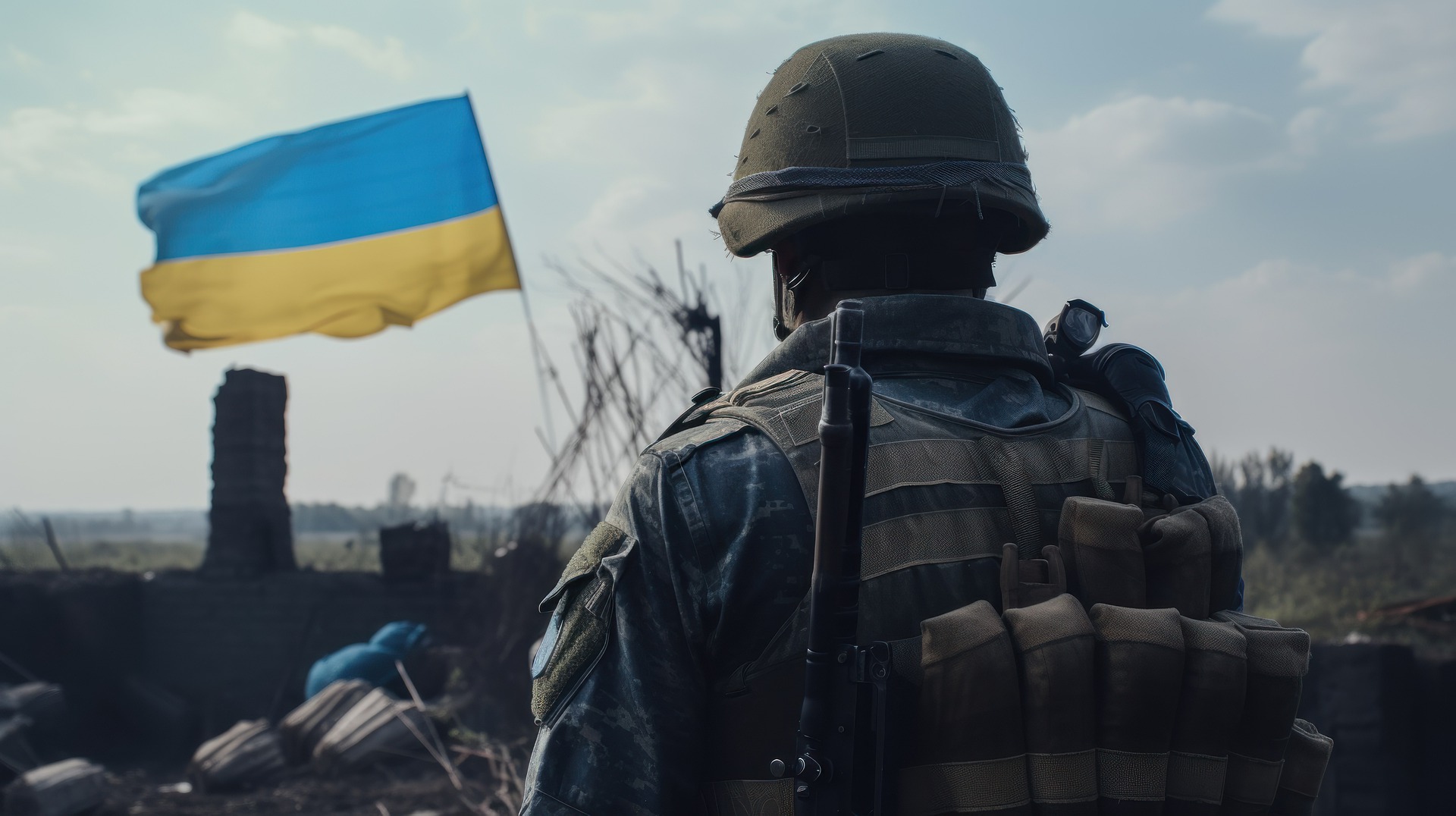
By Joe Young
China has a terrorism problem. Members of the Uighur ethnic minority have recently perpetrated at least three high-profile railway attacks. China, as you all well know, is a dictatorship. Terrorism isn’t supposed to happen here.
How does the type of regime promote or inhibit acts of terrorism? The conventional wisdom is that democracies are the most prone to this form of violence. As the story goes, democratic regimes provide the freedoms for militants to operate, fight terrorism with a hand tied behind their back, or are just better at reporting these events.
Given China’s control over media, restricted civil liberties, and unrestrained approach to dealing with domestic dissent, we might be surprised that China is facing such a challenge. A recent study of mine with coauthors, Justin Conrad and Courtenay R. Conrad, offers an answer to this puzzle.
We argue that certain kinds of dictatorships, such as military, dynastic or single-party dictatorships should experience about as much terrorism as a democracy. By contrast, personalist and non-dynastic monarchies should produce fewer attacks.[1] Why? We suggest that some domestic institutions produce more costs for leaders of a state than others. Where a leader must be responsive to those who put him or her in office, terrorist attacks are more likely. As a militant group attempts to compel a leader for some policy change, concession, or some other political outcome, groups use terror to apply indirect pressure in hopes that this tool will lead to the group’s desired result.
In the Chinese case, the Uighurs claim that they are restricted from practicing their religion and face constant discrimination from Beijing. Terrorism for militant Uigurs is a tool to force greater autonomy for the Xinjiang region. The Chinese leadership, a single-party dictatorship, clearly is absorbing costs from their populace for the current wave of violence. In short, terrorism is a tactic that is painful for the Chinese regime.[2] The Uigurs know this. A personalist dictatorship, such as Libya under Qaddafi, should experience less terrorism. While no regime is immune from popular uprising or change, as Libya shows, we do expect less terrorism under Qaddafi than under the Chinese Communist party.[3]
Civil and political freedoms are constrained in both cases discussed above, both regimes have shown a willingness to be brutal with popular dissent, and news of violence has emerged even given the limits of press freedom. In sum, how costly terrorist violence is to the leadership is what can help us understand which kind of autocracy is likely to see more terrorism.
[1] See Barbara Geddes and Jessica Weeks’ work for more detailed explanations of why dividing up dictatorships into these types matters for political outcomes. [2] Whether terrorism actually works is an area of intense debate. See Max Abrahms and Jakana Thomas’ work as two opposing views. [3] Jim Piazza and Matt Wilson offer a different claim. See their recent AJPS paper for an alternative argument for why dictatorships vary in terms of experiences with terrorism.







0 comments
Great post Joe. For another take on terrorism in non-democracies that focuses on organized opposition and legislatures, see an article by Deniz Aksoy, Joe Wright and myself from a couple of years ago: http://journals.cambridge.org/action/displayAbstract?fromPage=online&aid=8646845&fileId=S0022381612000400. Pre-publication version for those without access to the journal here: http://www.princeton.edu/~dbcarter/David_B._Carter/Research_files/inst_terror_autoc12.pdf.
Thanks David. We did cite your work in the paper. An interesting side note is that our work draws more inspiration from the international relations literature, where your piece is more rooted in comparative politics. I have not thought through well enough whether having the opposition inside the legislature or not influences potential costs to the various types of autocracy. With your work, ours, and Wilson/Piazza this seems like a ripe moment for thinking through the complementarity as well as divergence of this emerging literature.